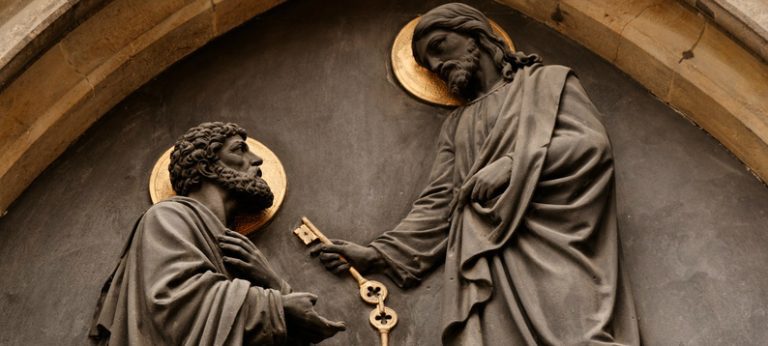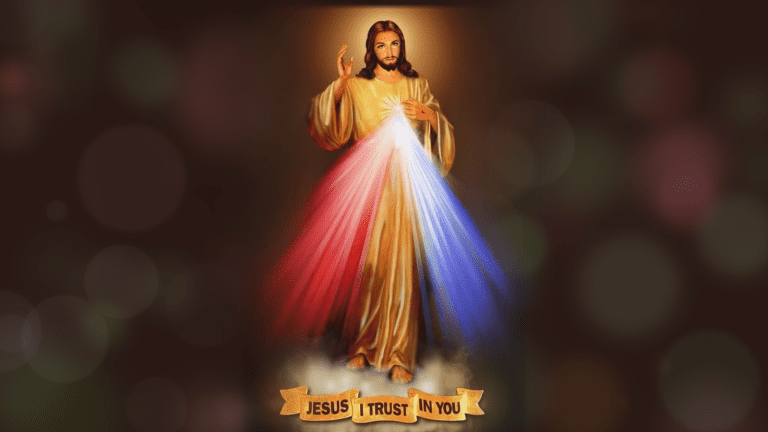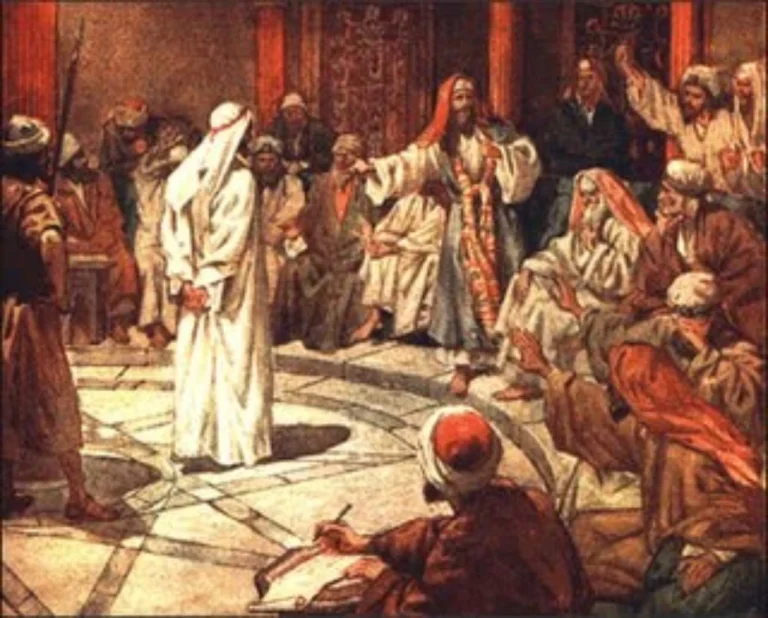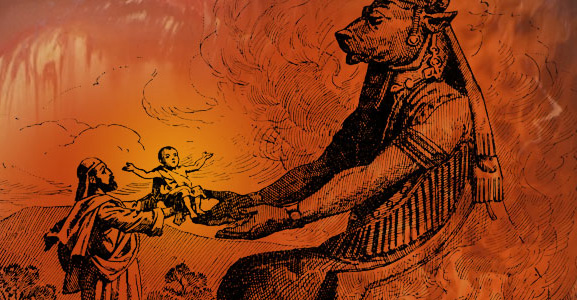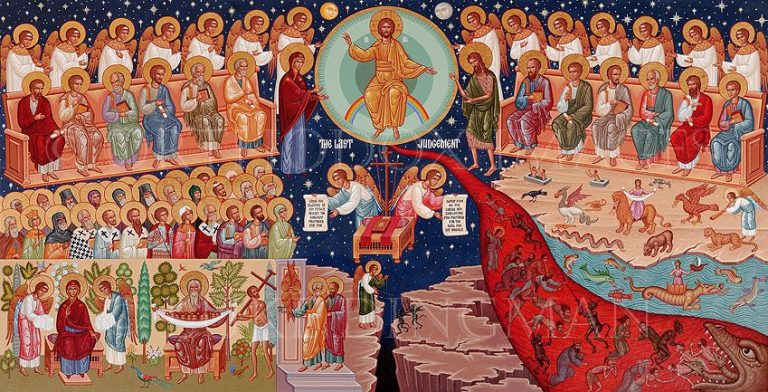When we say that sin should be avoided, some will say, “Everything is relative.” This is done from an attitude of superior understanding. “Yes,” it is implied, “while many think that such things are bad, thoughtful consideration demands that we not be judgmental. When it comes to good and bad, “Everything is relative.”
In fact, many elevate “Everything is relative.” to a First Principle. When we apply that First Principle, “Everything is relative.” to itself, we find that it, too, must be among the things included within “Everything is relative.”
So, if “Everything is relative.” is also relative, then it is meaningless.
We have one truth: Inspired men prophesied about the Messiah. Prophecies were carefully written down, copied, and preserved for the ages. Then, Jesus.
The prophecies of previous centuries came true with Jesus’ birth at Bethlehem.
All else is relative to that. How do we know where we stand? We know by how we relate to The Church He Founded. We know if we believe and obey its teaching. The more distant our relationship with His Church, the farther we are from Him.
In that sense, and only in that sense, “Everything is relative.”




